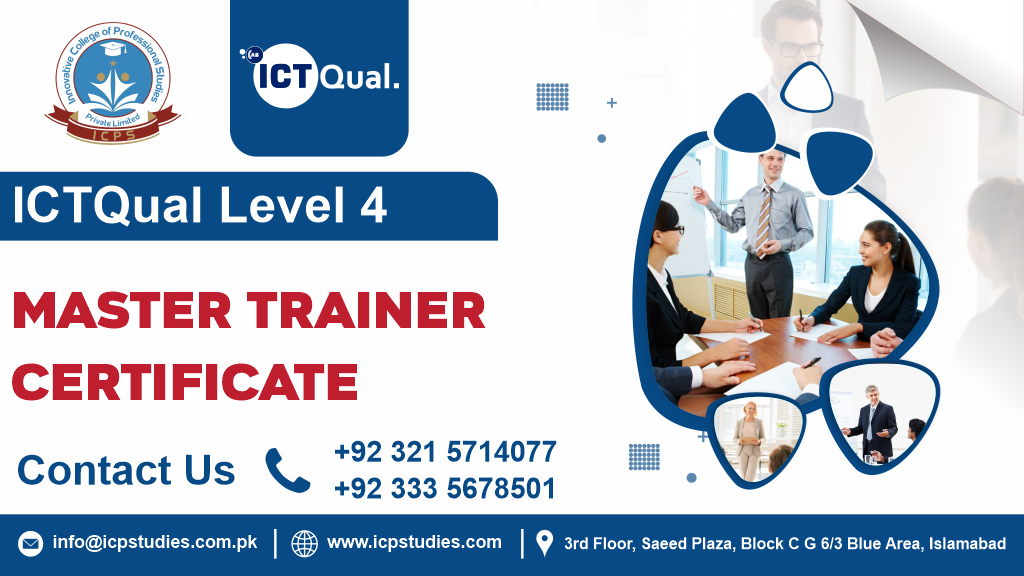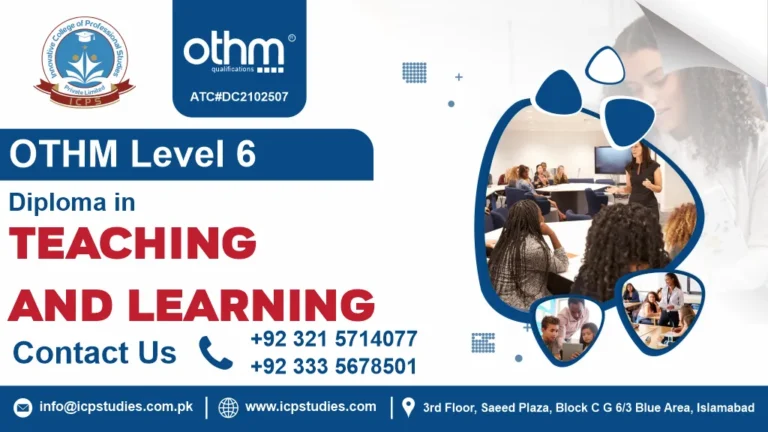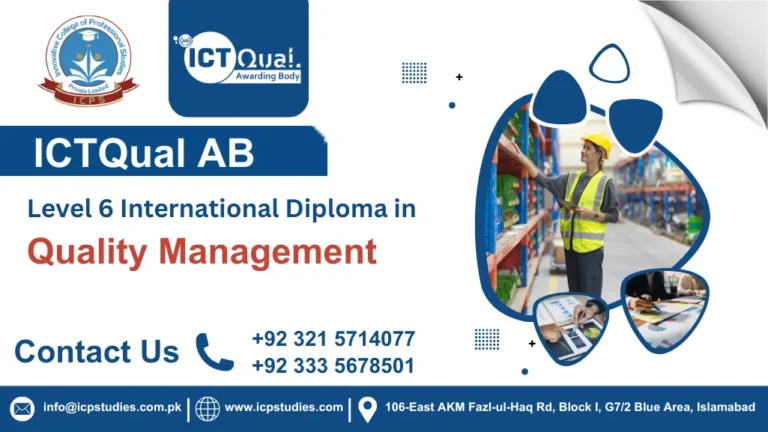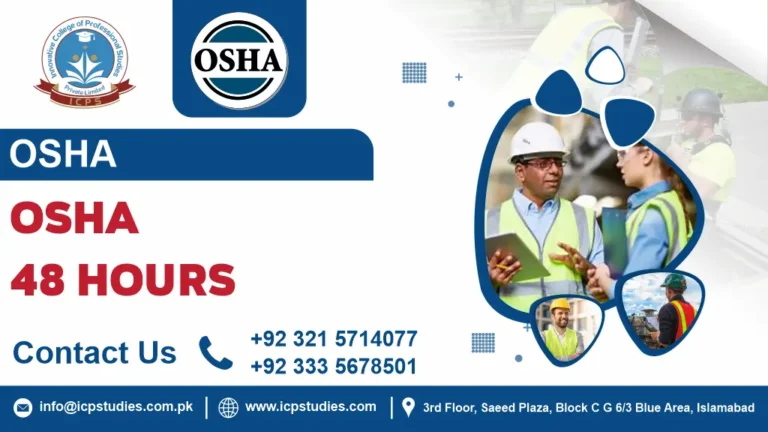In the world of fitness and personal training, there exists a spectrum of expertise and qualifications. Among these, the Level 4 Master Trainer Certificate stands as a pinnacle of achievement, representing a mastery of both practical skills and theoretical knowledge in the field. But what exactly does it entail, and why is it considered the gold standard by many fitness professionals?
The Level 4 Master Trainer Certificate is a credential awarded to individuals who have demonstrated an advanced level of competency in personal training. Unlike basic certifications, which may require minimal prerequisites, achieving the Level 4 designation typically demands a combination of formal education, practical experience, and passing rigorous assessments.
In the ever-evolving landscape of fitness and personal training, the Level 4 Master Trainer Certificate stands as a symbol of excellence and dedication. It represents the culmination of years of study, practical experience, and unwavering passion for helping others achieve their fitness goals. For those who aspire to reach the pinnacle of their profession, pursuing mastery through the Level 4 certification is a worthy endeavor, unlocking a world of opportunities and endless possibilities.
All About ICTQual Level 4 Master Trainer Certificate
Course Overview
The Level 4 Master Trainer Certificate is an advanced qualification in the field of fitness and personal training, indicating a high level of expertise, proficiency, and specialization. This certification is typically awarded to individuals who have demonstrated mastery in various aspects of personal training, including theoretical knowledge, practical skills, and specialization in specific areas of fitness.
Level 4 Master Trainer Certificate is a prestigious qualification that represents a significant investment of time, effort, and dedication. It opens up advanced career opportunities, allows trainers to command higher rates, and provides a sense of personal fulfillment through continuous growth and professional development.
Study Units
- Foundations of Education and Training:
- Teaching and Learning Strategies:
- Assessment Practices:
- Quality Assurance in Education:
- Curriculum Development:
- Professional Development and Reflective Practice:
- Capstone Project or Portfolio:
The entry requirements for the ICTQual Level 4 Master Trainer Certificate typically include:
- Age Requirement: Participants must be at least 18 years old.
- Educational Background: A relevant qualification, such as a Level 3 award in training or a related field, is usually recommended.
- Work Experience: Significant experience in training, coaching, or teaching roles is often required, ideally with a focus on adult learning principles.
- Demonstrated Training Skills: Evidence of previous training or teaching experience, including the ability to design and deliver effective training programs.
- Communication Skills: Strong verbal and written communication skills to facilitate learning effectively.
- Health and Safety Awareness: A basic understanding of health and safety practices relevant to training environments.
- Registration: Completion of necessary registration forms and payment of any applicable fees.
Always check with the specific training provider for any additional or specific entry requirements, as they may vary.
4o mini
The ICTQual Level 4 Master Trainer Certificate is designed for:
- Experienced Trainers: Individuals who have a strong background in training and wish to advance their skills to a master level.
- Training Managers: Professionals overseeing training programs who need to enhance their leadership and instructional skills.
- Coaches and Mentors: Those involved in coaching or mentoring others who want to develop advanced training techniques.
- Educators: Teachers or educators looking to improve their training methodologies for adult learners.
- Subject Matter Experts: Professionals who have expertise in a specific field and wish to teach or train others effectively.
- Corporate Trainers: Individuals working within organizations to deliver internal training programs and improve workforce skills.
This course equips participants with advanced training techniques, instructional design skills, and strategies for effective adult learning, enabling them to lead training initiatives confidently.
4o mini
Learning Outcomes
- Aspiring Educators:
- This course is ideal for individuals who aspire to pursue careers in education and training. Whether aiming to become teachers, trainers, curriculum developers, or educational administrators, this course provides foundational knowledge and practical skills essential for success in the field.
- Current Educators Seeking Professional Development:
- Experienced educators looking to enhance their knowledge, skills, and qualifications will find value in this course. Whether seeking to update their understanding of educational theories, refine teaching strategies, or explore new approaches to curriculum development, this course offers opportunities for continuous professional growth.
- Training Professionals:
- Professionals working in corporate training, professional development, or vocational education sectors can benefit from this course. By gaining insights into educational principles, assessment practices, and quality assurance frameworks, training professionals can elevate their instructional effectiveness and enhance learner outcomes.
- Career Changers:
- Individuals considering a career change into the field of education and training will find this course valuable for acquiring foundational knowledge and skills. Whether transitioning from a different industry or seeking to re-enter the workforce after a hiatus, this course provides a pathway for launching a fulfilling career in education.
- Educational Leaders and Administrators:
- Educational leaders, administrators, and policymakers responsible for shaping educational programs, policies, and practices can benefit from this course. By gaining a deeper understanding of curriculum development, assessment practices, and quality assurance mechanisms, leaders can make informed decisions to improve educational outcomes at institutional or systemic levels.
- Individuals Passionate About Learning and Teaching:
- This course welcomes individuals with a genuine passion for learning and teaching, regardless of their professional background. Whether driven by personal interest, a desire to contribute to their community, or a commitment to lifelong learning, participants will find opportunities to explore educational concepts and refine their instructional abilities.
- Global Audience:
- This course is designed to cater to a diverse audience from around the world. With a focus on universal principles of education and training, participants from different cultural, linguistic, and educational backgrounds can engage in meaningful discussions and collaborative learning experiences.
Ultimately, this course is designed to empower individuals with the knowledge, skills, and confidence to excel in various roles within the field of education and training. Whether starting their journey or advancing their careers, participants will find a supportive and enriching learning environment that fosters growth, creativity, and innovation.
FAQs about ICTQual Level 4 Master Trainer Certificate







